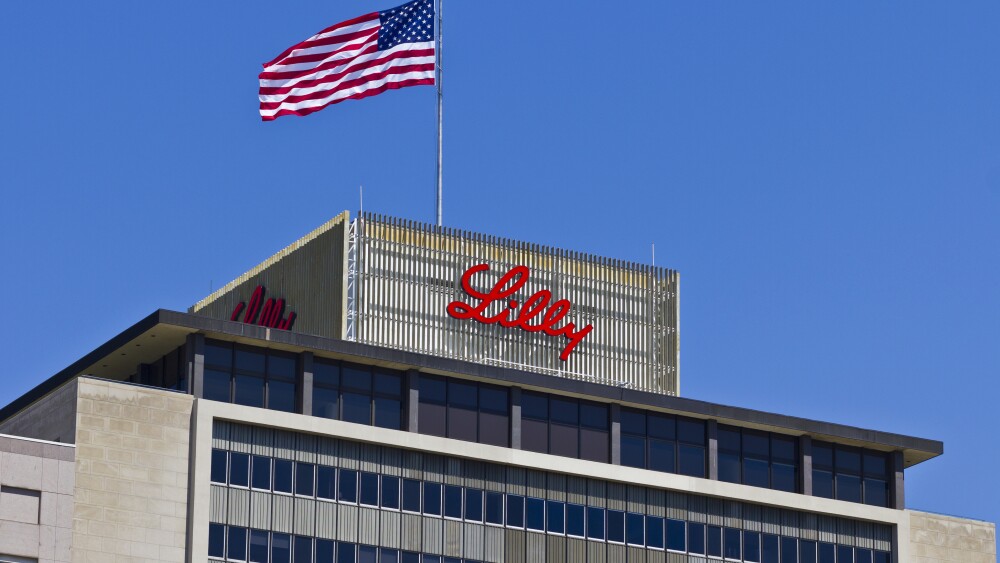Kyowa Hakko announced today that the results of the Global Phase 3 study investigating the use of KW-0761 in patients with CTCL will be presented at the Annual Meeting of ASH 2017.
|
|
| [11-December-2017] |
|
TOKYO, Dec. 11, 2017 /PRNewswire/ --Kyowa Hakko announced today that the results of the Global Phase 3 study (MAVORIC: Mogamulizumab anti-CCR4 Antibody Versus ComparatOR In CTCL) investigating the use of mogamulizumab (KW-0761) in patients with cutaneous T-cell lymphoma (CTCL) will be presented at the Annual Meeting of American Society of Hematology 2017. The American Society of Hematology 2017 Oral
Presentation 817:
Title: Anti-CCR4 Monoclonal Antibody,
Mogamulizumab, Demonstrates Significant
Improvement in PFS Compared to Vorinostat in
Patients with Previously Treated
Cutaneous T-Cell Lymphoma (CTCL): Results
from the Phase III MAVORIC Study
-----------------------------------------
MAVORIC is a phase 3 open-label, multi-centre, randomised study of mogamulizumab versus vorinostat in patients with CTCL who have failed at least one prior systemic treatment. The study was conducted in the US, Europe, Japan and Australia and randomised 372 patients to receive either the investigational monoclonal antibody, mogamulizumab, or vorinostat. The primary endpoint was investigator-assessed Progression-free Survival (PFS), and the key secondary endpoints included overall response rate (ORR). In the study, the patients who received mogamulizumab had significantly better PFS compared to vorinostat with a median PFS of 7.7 months for mogamulizumab and 3.1 months for vorinostat (p<0.0001). Global ORR was significantly improved in the patients randomised to mogamulizumab at 28.0% vs 4.8% for vorinostat (p<0.0001). Patient-reported outcomes, as measured by the Skindex-29 and FACT-G, showed significantly greater symptom reduction and improved functional status in favor of mogamulizumab vs vorinostat (p<0.05). The most common treatment-emergent adverse events (TEAEs) that were more frequent in the mogamulizumab arm included infusion-related reactions (33.2%, vs 0.5% in the vorinostat arm) and drug rash (23.9% vs 0.5%). Common TEAEs reported more often with vorinostat included diarrhoea (23.4%, vs 61.8% in the vorinostat arm) nausea (15.2% vs 42.5%), thrombocytopenia (11.4% vs 30.6%), dysgeusia (3.3% vs 29.0%), and increased blood creatinine (3.3% vs 28.0%). In conclusion, mogamulizumab demonstrated significant PFS and ORR improvement compared to vorinostat in patients with previously treated CTCL. "We are delighted with the finding from the MAVORIC study which is the largest, global randomised phase 3 clinical study ever conducted in patients with CTCL," said Jeffrey S. Humphrey, MD., Chief Medical Officer and President of Kyowa Kirin Pharmaceutical Development, Inc. "We look forward to having the data reviewed by regulatory agencies in the near future and to providing mogamulizumab to patients with CTCL if approved." The Kyowa Hakko Kirin Group companies strive to contribute to the health and well-being of people around the world by creating new value through the pursuit of advances in life sciences and technologies. About MAVORIC About Mogamulizumab About Cutaneous T-cell Lymphoma (CTCL) SOURCE Kyowa Hakko Kirin Co., Ltd. |
||
Company Codes: Tokyo:4151 |




